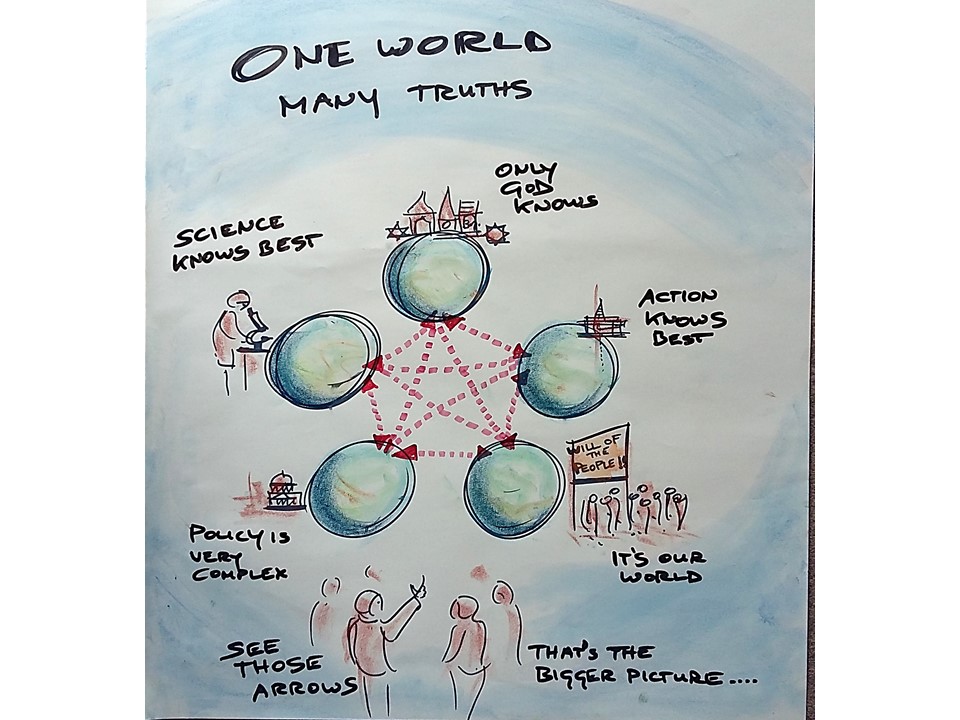Resilience 3.0
how to cope with 2, 3 or 4 degrees
This workshop is about pushing systems to the limits – as seen in 2021 with fires in Turkey and Canada – floods in China or Germany – cyclones / hurricanes in India & New York… could Manchester be next??
So we look for system resilience – not just bouncing back but ‘forward’… But is this a resilience of individuals, which reproduces structures of power and inequality – or a resilience of cities, regions, or whole societies? and would that mean a step change in how all parts of society learn, think ahead, innovate and collaborate – i.e. a bigger picture, a ‘collective resilience intelligence’??
As part of the Eco-wise program on ‘collective eco-intelligence’ – we explore such resilience from 3 angles, each learning from previous workshops in this series –
- Bio-regional 3.0: questions on urban-rural linkages & territorial systems
- Green new deal 3.0: questions on transition pathways, net zero exchanges, adaptation vs mitigation
- Peri-eco-urban 3.0): with questions on urban-rural linkages, complexity & order in chaos
This event is part of the University of Manchester program on ‘Climate Questions‘ – feeding into the COP26 in November – from the University ranked #1 for contribution to the SDGs. It also follows from the synthesis workshop with the UKRI ‘Towards a Sustainable Earth’ program and feeds into the Adaptation Research Alliance.

On a parallel track we explore some fundamentals on research in the ‘real world’ – how to study complex systems where everything is in dynamic change – how to understand ‘adaptation’ which is entangled with inequality, corruption, livelihood, etc.
With these practical examples we aim to explore & sketch pathways, from the current crises, towards potential opportunity – i.e. a workable Resilience 3.0…
Time: Thursday 14th October 1600 BST: online
- 1) panel discussion 1600-1700
- 2) interactive workshop 1700-1800 (separate link tbc)
The panel includes:
- Joe Ravetz (host): towards a ‘collective resilience intelligence’ – quick tour of the Mind Lab & experimental zone in progress;
- Sarah Webb, Natural Environment Research Council: research for ‘real world’ complexity & the Adaptation Research Alliance;
- Lakshmi Rajendra, UCL: challenges of urban sprawl in the global South, marginalised communities, environment & health.
- Angela Connelly, Manchester School of Architecture: creative-experiential co-design for new forms of resilience.
- Grace Githiri, UN Habitat: urban-rural linkages and the new agenda for territorial intelligence.
Registration – https://www.manchester.ac.uk/climate-festival/
Resilience 3.0 folder: slides & materials

